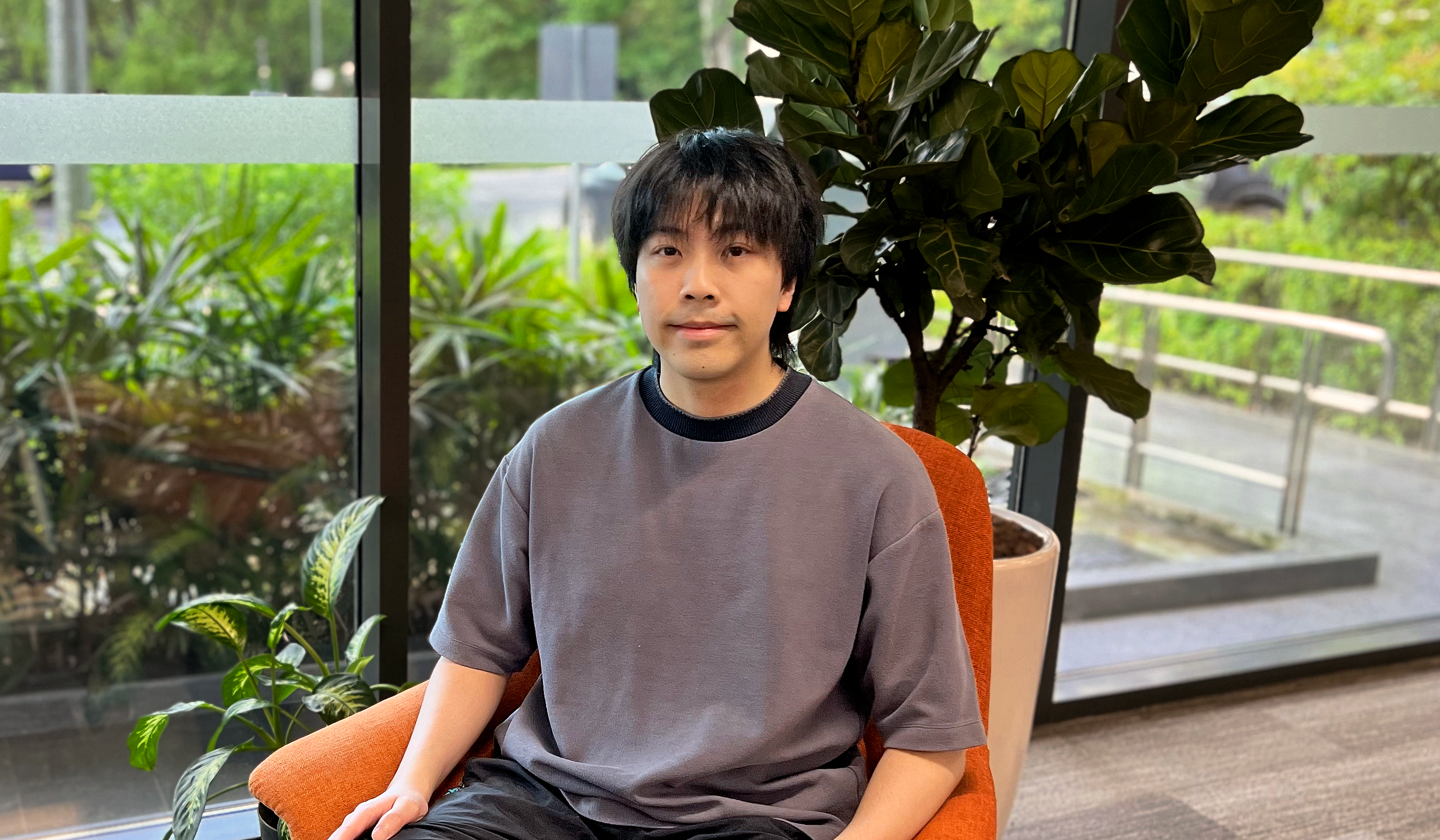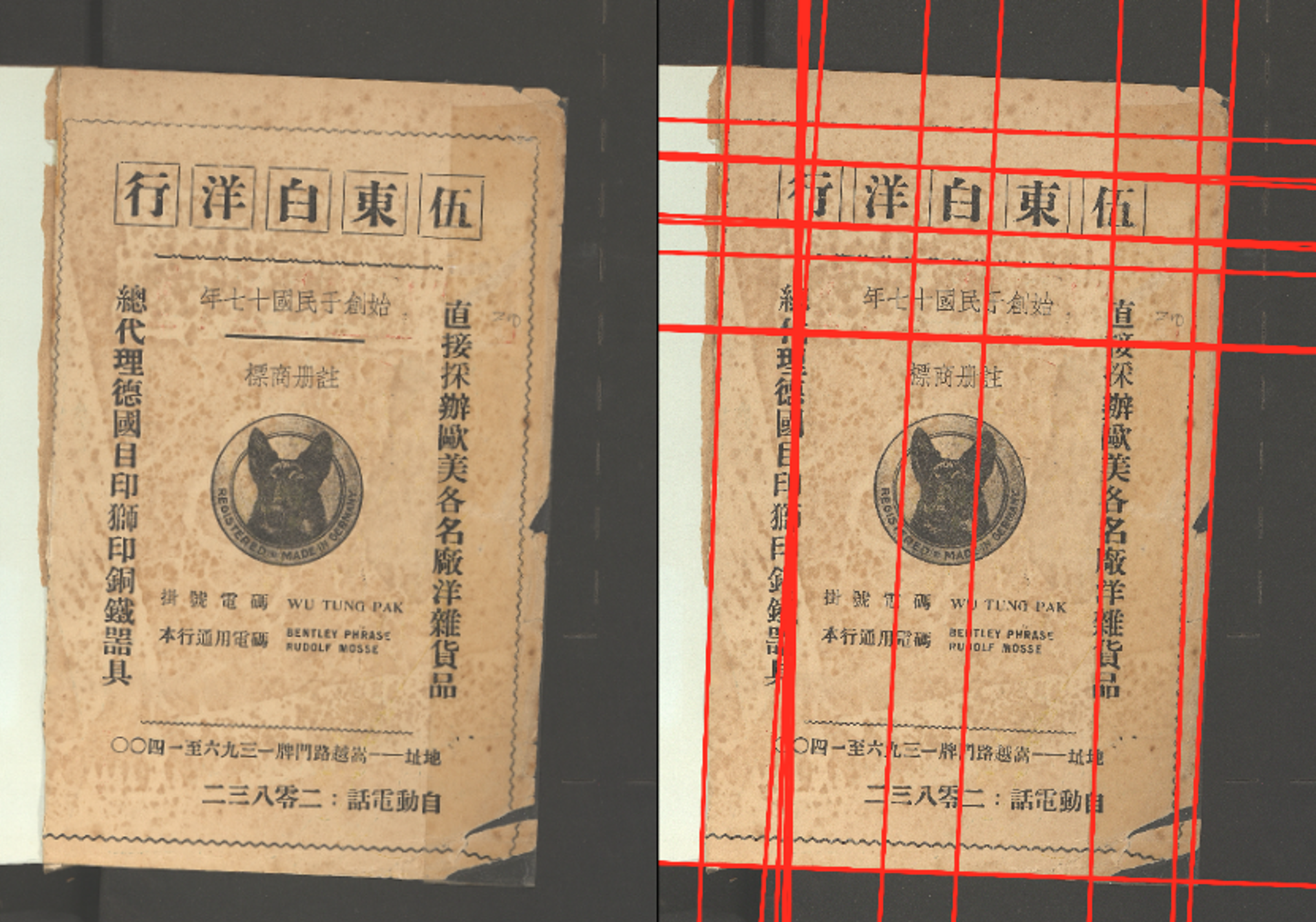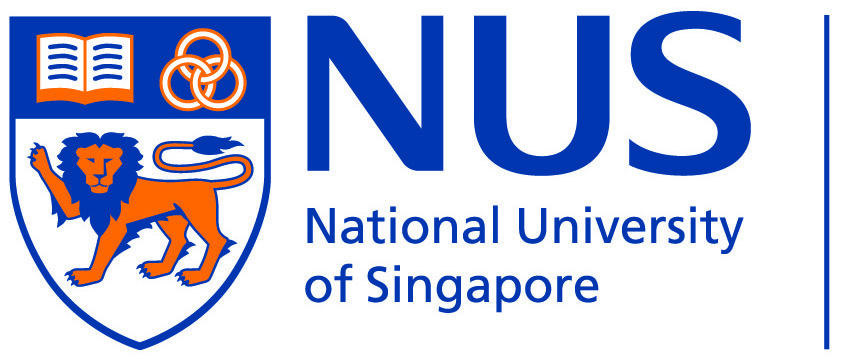Perfecting Digitisation

Meet Evan Lee Wen Jun, a Year 3 student from the School of Computing. Evan joined NUS IT in May 2024 for his credit-bearing Advanced Technology Attachment Programme (ATAP) internship. Discover his journey with us, what he’s learned, and his advice for future interns.
Can you tell us a bit about yourself?
I am an individual that likes to build stuff. That’s why I’ve always wanted to pursue STEM-related studies and work. I came from an Engineering background in polytechnic where I did an internship in an AI startup and after realising its potential, decided to pursue Computer Science in NUS. Apart from my work, I like to play volleyball, read, and volunteer whenever possible!
Can you share a bit about your role / the project you’ve been involved in?
I’m involved in the project titled “Books and Documents Digitisation – Erroneous Scan Detection”. Librarians at NUS Central Library are trying to digitise books, some of which are quite old. During the scanning process, they encounter problems like alignment issues. When these errors occur, often times librarians have to manually correct them and repeat the scanning process. There are also some errors that can’t be fixed, such as when books yellow or fade over time. This is where I come in—to use algorithms and AI to address these issues. For example, if there is yellowing on the paper, I can use AI to correct it. My goal is to help eliminate manual work and improve the readability of the scans.
This project is greenfield in nature, and no one has ever done it before. It gives me a lot of room to explore ideas and algorithms, allowing me to use my creativity, which is why I find it very interesting.
Has your work on Books and Documents Digitisation influenced the way you view this field or its challenges moving forward?
I realised that there are many more steps involved in archiving documents. At home, you just place a paper on the scanner and go, but here, there’s a lot of tedious work to ensure the quality of the scans. It’s also interesting that some ancient manuscripts in the archive, and I was told that only a small number of people in the world can read such images. Therefore, it’s crucial to use algorithms to improve the readability for this group, as they are getting older and may struggle to read books affected by aging.

What’s one unexpected thing you’ve learned about yourself during this internship?
When I first started out this internship, I only expected to apply my technical skills and experience to achieve deliverables. When my supervisor told me that we will be having bi-monthly meetings with our stakeholders — the people at CLB — I got nervous, even more so when I was told that I will be presenting my work on my own. This was because I always had the jitters when it comes to presentations, and I didn’t think I was any good at it.
I’m quite sure I stuttered a bit during my first meeting, but I learned that I was actually not that bad at showcasing my work and gained a lot of confidence afterwards. It was also good practice for me to improve my ability to share technicalities in layman terms and learn how to answer questions tactfully. Because of the frequent meetings, it had become muscle memory over time. This was an unexpected opportunity which allowed me to realise my potential in presenting.
What has been the most rewarding aspect of your internship experience so far?
The most rewarding aspect for me was the gratitude from stakeholders I received when sharing my work and its results. It made me realize how much of an impact my project has on their work. The many moments when their eyes light up from the post processed images are really core memories of my internship experience so far.
What advice would you give to future interns who join this programme?
When future interns first encounter a new environment, they might feel worried and pressured to talk to others. Specifically, when interns don’t know something, they may experience imposter syndrome. I’d like to address those concerns.
My advice to them is that it’s okay to approach people here; there is a Gen Z vibe that is friendly and welcoming. Don’t be afraid to mention what you don’t know, because people here are very supportive. They’ll help you without judgment and guide you along the way. It’s a very comfortable place to be.

